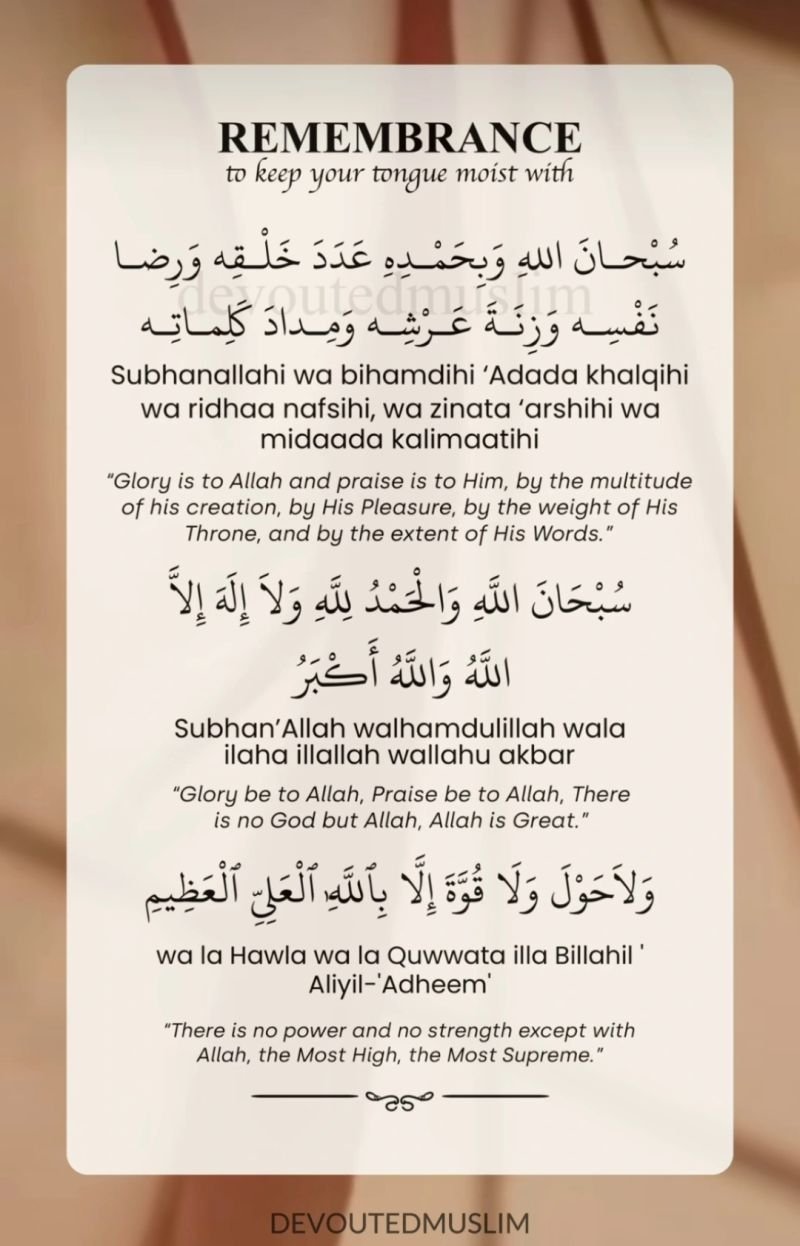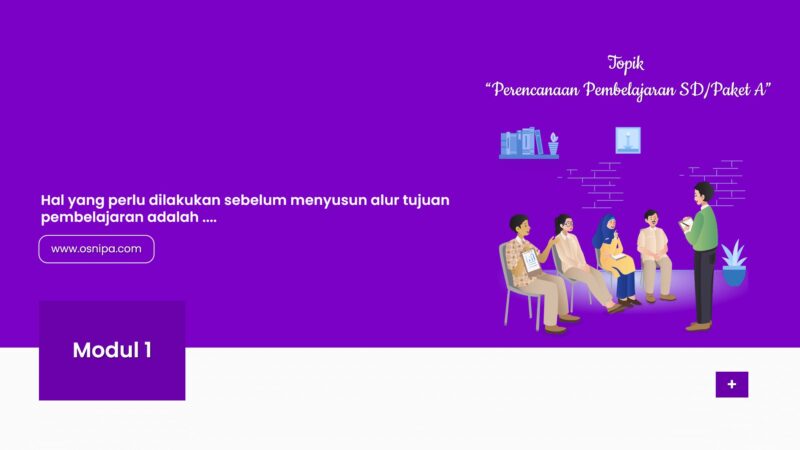The Power Of Subhanallah Walhamdulillah Wala Ilaha Illallah Wallahu Akbar Wala Hawla Wala Quwwata Illa Billahil

Do you seek peace and connection in your daily life? Embracing the powerful phrase “subhanallah walhamdulillah wala ilaha illallah wallahu akbar wala hawla wala quwwata illa billahil” can guide you toward spiritual tranquility. This beautiful expression encapsulates gratitude, faith, and devotion, serving as a reminder of the divine presence in every moment.
As you incorporate this phrase into your routine, you may find a profound sense of calm and purpose. Each word reflects an essential aspect of faith that can enrich your life, nurturing a deeper relationship with Allah. Explore how these timeless declarations can elevate your spiritual journey.
“`html
Understanding Subhanallah Walhamdulillah Wala Ilaha Illallah Wallahu Akbar Wala Hawla Wala Quwwata Illa Billahil
In the world of Islamic phrases and prayers, few expressions hold as profound a significance as “Subhanallah Walhamdulillah Wala Ilaha Illallah Wallahu Akbar Wala Hawla Wala Quwwata Illa Billahil.” This collection of phrases is not just a series of words; it encapsulates the essence of faith, gratitude, and the deep connection between the believer and Allah. In this article, we will delve into the meaning, significance, and benefits of these phrases, along with how they can be integrated into daily life. Let’s explore their roots and implications in a comprehensive manner.
Breaking Down the Phrases
Before we dive into the deeper meaning and significance of this beautiful phrase, let’s break it down word by word to understand its components.
- Subhanallah: This means “Glory be to Allah.” It expresses admiration for Allah’s perfection and majesty.
- Walhamdulillah: Meaning “All praise is due to Allah,” this emphasizes gratitude to Allah for all His blessings.
- Wala Ilaha Illallah: This translates to “There is no deity but Allah,” affirming the oneness of God, a core belief in Islam.
- Wallahu Akbar: Meaning “Allah is the Greatest,” this acknowledges Allah’s supremacy over all things.
- Wala Hawla Wala Quwwata Illa Billahil: This translates as “There is no power and no strength except with Allah,” recognizing our reliance on Allah for strength and ability.
The Spiritual Significance
Understanding each element of the phrase helps to appreciate its spiritual depth. Each part represents an essential aspect of the Islamic faith:
Recognizing Allah’s Glory
When one says “Subhanallah,” it is not just a statement but a reflection of awe for Allah’s perfection. Muslims believe that Allah is free from any imperfection and this phrase allows believers to connect with that divine perfection. It encourages humility and reverence.
Emphasizing Gratitude
“Walhamdulillah” serves as a reminder to be thankful. Gratitude is a fundamental principle in Islam. By acknowledging Allah’s blessings, believers cultivate a positive outlook, regardless of their circumstances.
Acknowledging the Oneness of Allah
In proclaiming “Wala Ilaha Illallah,” one asserts the core belief of Tawhid, the oneness of God. This declaration is a declaration of faith, uniting Muslims globally. It reinforces the idea that no one and nothing else deserves worship.
Affirming Allah’s Supremacy
When saying “Wallahu Akbar,” Muslims express their recognition that Allah is above all else. This phrase can be a source of strength during challenging times, reminding believers that Allah is greater than their struggles.
Emphasizing Dependence on Allah
The final part, “Wala Hawla Wala Quwwata Illa Billahil,” beautifully encapsulates the fact that human beings are powerless without Allah’s will. This encourages believers to rely on Allah for strength and guidance.
Benefits of Reciting These Phrases
Integrating these phrases into daily life offers numerous benefits, both spiritually and mentally. Let’s look at some of these advantages:
- Enhancing Spiritual Connection: Regular recitation helps deepen one’s relationship with Allah, fostering a sense of peace and tranquility.
- Promoting Gratitude: It encourages a habit of gratitude, making individuals more aware of the blessings in their lives.
- Creating Mindfulness: Reciting these phrases promotes mindfulness, helping individuals to remain present in moments of prayer.
- Providing Strength: In times of difficulty, these phrases serve as a reminder of Allah’s greatness and support, instilling confidence and resilience.
- Encouraging Positive Thinking: Cultivating a mindset of gratitude and acknowledgment of Allah’s majesty can lead to a more positive outlook on life.
How to Integrate These Phrases into Daily Life
Incorporating “Subhanallah Walhamdulillah Wala Ilaha Illallah Wallahu Akbar Wala Hawla Wala Quwwata Illa Billahil” into everyday life can be simple yet powerful. Here are some suggestions on how to make it a part of your daily routine:
Morning and Evening Remembrances
Start and end your day with these phrases. Upon waking up, take a moment to recite them as a way to express gratitude for the new day. Similarly, reciting before sleep can provide a sense of closure and peace.
During Daily Prayers
Integrate these phrases into your daily prayers (Salah). They can be recited during the optional prayers or as part of individual supplications (Dua).
Whenever You Feel Grateful or Stressed
Recite these phrases whenever you feel grateful for a blessing or overwhelmed by challenges. This practice can create a calming effect and refocus your mindset.
Sharing with Family
Encourage family members, especially children, to learn and recite these phrases. Make it a family activity to reflect on their meanings and share experiences related to them.
Creating a Reminder
Consider placing reminders around your home or workplace. Use sticky notes or digital reminders to prompt you to recite these phrases at different points throughout your day.
The Impact on Mental Health
Spiritual practices greatly influence mental well-being. Reciting phrases like “Subhanallah Walhamdulillah Wala Ilaha Illallah Wallahu Akbar Wala Hawla Wala Quwwata Illa Billahil” can have significant positive effects on mental health. Here’s how:
Reducing Anxiety
Engaging in the recitation of these phrases can help reduce anxiety levels. The repetitive nature of saying these phrases serves as a meditative exercise, calming the mind and alleviating stress.
Building Resilience
Understanding and embracing the meanings behind these phrases can make individuals more resilient during tough times. When faced with adversity, reminding oneself of Allah’s greatness can instill hope and determination.
Encouraging Optimism
Gratitude is closely linked with optimism. Regularly expressing thanks through “Walhamdulillah” can shift perspectives, enabling individuals to focus on the positive sides of life.
The phrases “Subhanallah Walhamdulillah Wala Ilaha Illallah Wallahu Akbar Wala Hawla Wala Quwwata Illa Billahil” hold immense power for anyone seeking to deepen their faith and maintain a strong spiritual connection. By integrating these phrases into daily practices, believers can enhance their spiritual experience, promote gratitude, and foster resilience. Recognizing their meanings and engaging with them can lead to a more fulfilling and balanced life.
“`
Zikir: Subhanallah Walhamdulillah Wala Ilaha Illallah Wallahu Akbar Walahaula….. 300 Times
Frequently Asked Questions
“`html
What is the significance of reciting ‘Subhanallah Walhamdulillah Wala Ilaha Illallah Wallahu Akbar’?
This phrase holds immense significance in Islam as it encapsulates key aspects of faith. ‘Subhanallah’ praises Allah’s perfection, while ‘Walhamdulillah’ expresses gratitude. ‘Wala Ilaha Illallah’ reinforces the oneness of Allah, and ‘Wallahu Akbar’ declares His greatness. Combining these phrases reflects a Muslim’s devotion and acknowledgment of Allah’s attributes, making it a fundamental part of daily worship and remembrance.
When should one recite ‘Subhanallah Walhamdulillah Wala Ilaha Illallah Wallahu Akbar’?
Muslims can recite these phrases at any time, particularly during prayer, after completing Salah, or during moments of reflection. Many also choose to repeat them throughout the day to maintain a spiritual connection and as a form of remembrance (dhikr). It is especially encouraged during times of distress or joy to express gratitude and surrender to Allah.
Are there any specific benefits associated with reciting this phrase?
Reciting ‘Subhanallah Walhamdulillah Wala Ilaha Illallah Wallahu Akbar’ brings numerous benefits, both spiritual and psychological. It strengthens one’s connection to Allah and instills peace in the heart. Many believe it serves as a means of protection from harm, helps in forgiveness of sins, and elevates one’s status in the hereafter. Moreover, it promotes mindfulness and gratitude, contributing to overall well-being.
Can repeating this phrase help in daily life challenges?
Yes, regularly reciting these phrases can provide comfort and strength during life’s challenges. By turning to Allah through these expressions, individuals often find reassurance and clarity. The act of remembrance can lessen anxiety and improve focus, enabling a more positive approach when facing difficulties. It serves as a reminder of Allah’s presence and support in all circumstances.
What is the Arabic text of ‘Subhanallah Walhamdulillah Wala Ilaha Illallah Wallahu Akbar’?
The Arabic text of this phrase is: سبحان الله والحمد لله ولا إله إلا الله والله أكبر. Each word carries profound meaning and reflects the core tenets of Islamic faith. Understanding the Arabic text can enhance the experience of recitation, deepening one’s appreciation for its significance and the beauty of the language.
“`
Final Thoughts
Embracing the phrase ‘subhanallah walhamdulillah wala ilaha illallah wallahu akbar wala hawla wala quwwata illa billahil’ enriches our spiritual journey. It serves as a reminder of Allah’s greatness and our dependence on Him in every moment.
Integrating this powerful expression into daily life fosters gratitude and humility. As we reflect on its meaning, we strengthen our connection with Allah and find peace amidst life’s challenges.
Let these words resonate within you, guiding your thoughts and actions toward a more fulfilling spiritual existence.







